As Eric Archambeau told us at Terroir Tuscany, it used to take people a whole day’s work to be able to afford a kilo of meat, now it’s 15 minutes. Transfer that thought over to the farmers who are still working with the same animals, on the same land, in very different economic conditions and ask yourself: how does that translate?
Hosted at Castello di Potentino, we were thrilled in Tuscany to hear from Poul and Carla Nielsen from HindsholmGrisen - a small, organic, free-range pig production site on the island of Funen, Denmark. Poul pointed out that Eric’s equation could actually be stretched further, that in many cases people now only have to work 15 minutes to afford a whole roast pig, something which historically was a weekly or monthly treat after a long stretch of labour. This drives a demand for cheaper products and smaller margins.
“HindsholmGrisen started in 2010 with the goal of making the best quality pork meat in the most natural way.”
Poul and Carla purchased a 50-acre farm on the peninsula of Hindsholm in 1995. The farm, Hesthøjgaard, is named after the neighbouring 5000 year-old Stone Age burial mound and is situated on a rolling moraine landscape just 500 meters from the coast. The farm was certified organic in 1999.
After a decade of cultivating seed and grain crops, Poul and Carla introduced pigs to maximize the farm’s full potential and biodiversity. HindsholmGrisen started in 2010, with the goal of making the best quality pork meat in the most natural way. Since starting production, the husband and wife team have received much acclaim for the way they raise, feed and slaughter their pigs - supplying Denmark and Copenhagen’s top restaurants with their readily identifiable produce.
“At Hindsholm the pigs are born and live outside with acres of land to run, roam and root, and it’s on this same land that they end their very long and healthy lives.”
It’s not just increased demand that’s taken its toll on meat costs, as Poul and Carla told us taxes are also higher than ever before - as steep as 25%. It means farmers are squeezed further and further to make cuts, simply in order to survive.
At Hindsholm the pigs are born and live outside with acres of land to run, roam and root, and it’s on this same land that they end their very long and healthy lives. This way of producing pigs has resulted in the highest quality meat, it’s certified fully organic although this accreditation alone costs thousands of euros.
A premium product such as Poul and Carla’s naturally comes at a higher price, but for restaurateurs such as Christian Puglisi, owner of Copenhagen’s heralded Relæ, Manfreds and Bæst restaurants, told us he would “rather have great produce from great producers than two extra staff on the floor pouring water.”
“Ask questions of chefs: “Ask them why dishes are cheap if they seem it, ask them how they can make inexpensive food so easily.””
It’s an ethos sadly not shared by everyone quite yet, and so here at Terroir we remain committed to educating the industry and consumer alike on how to make better buying choices.
To keep the conversation moving, Christian recommends asking questions of chefs: “Ask them why dishes are cheap if they seem it, ask them how they can make inexpensive food so easily.”
Poul and Carla similarly see education as a matter of transparency and translating values. They have a web page listing the restaurants they work with (something which helps combat ‘greenwashing’) and are proud to work with value-driven partners.
In short, we can all be more curious, more open, ask bigger questions and demand the best from the system. That way, we can ensure the work of fantastic farmers such as Poul and Carla has a sustainable and viable future.
Photo: Ash Nayler



